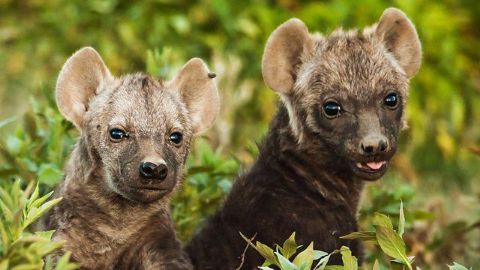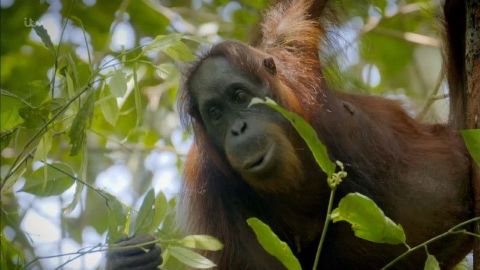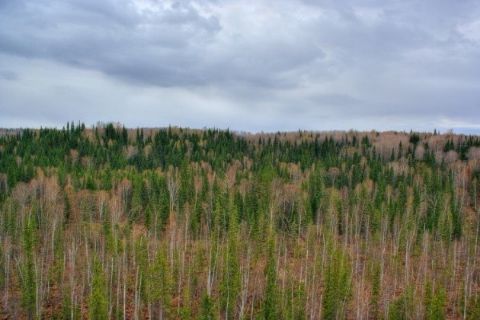Attenborough at 90: Behind the Lens • 2016
As Sir David Attenborough turns 90, this intimate film presents new interviews, eye-opening behind-the-scenes footage and extraordinary clips from some of his most recent films. The doc, which was made for the occasion of Attenborough’s 90th birthday, was shot over seven years and follows him as he travels to Borneo, Morocco and the Galapagos to shoot wildlife specials. Geffen, the CEO of Atlantic Productions, commented, “This is such a special Attenborough film because unusually he is the subject. As I look back over the last seven years, I never fail to be amazed by his extraordinary ambition and drive to use the very latest technology to communicate the natural world to audiences around the globe. This film gives audiences the chance to see what it’s like to be on the road with David.”
Make a donation
Buy a brother a hot coffee? Or a cold beer?
Hope you're finding these documentaries fascinating and eye-opening. It's just me, working hard behind the scenes to bring you this enriching content.
Running and maintaining a website like this takes time and resources. That's why I'm reaching out to you. If you appreciate what I do and would like to support my efforts, would you consider "buying me a coffee"?
Donation addresses
BTC: bc1q8ldskxh4x9qnddhcrgcun8rtvddeldm2a07r2v
ETH: 0x5CCAAA1afc5c5D814129d99277dDb5A979672116
With your donation through , you can show your appreciation and help me keep this project going. Every contribution, no matter how small, makes a significant impact. It goes directly towards covering server costs.





